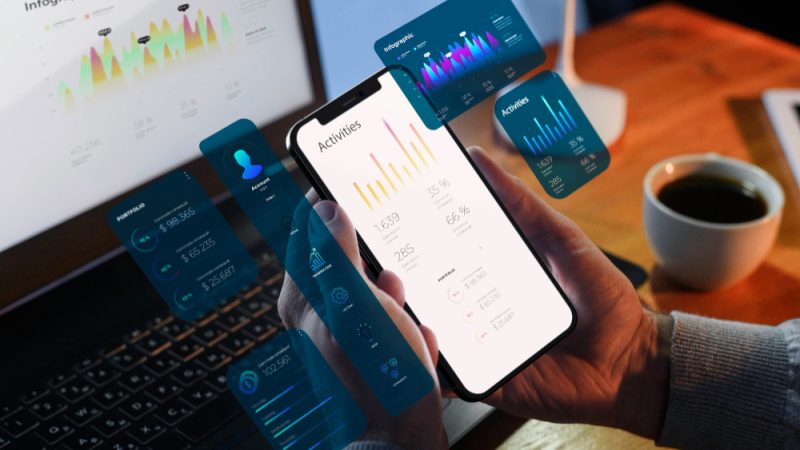Mobile App vs Mobile Website: Pros and Cons of Each Approach

A number of web properties of your requirement, your resources and business plans are the various factors that decide whether a mobile application is good for the audience or a mobile website is good for the audience. Among a number of mobile strategies, you have to pick one for the purpose of winning the audience.
It has been found that 45.4 % of the people worldwide are using smartphones currently. A report suggests that the mobile subscribers all over the world will be 71 % by 2025.
Now I am going to tell you the difference between mobile app and mobile website and the pros and cons of each approach.
Mobile app
It has been found that there were 71.5 billion downloads of the mobile apps in the year 2020. So, can you imagine how many people were using the mobile apps in the year 2020? Mobile apps make your task much easier and save your lots of energy and time. Interactions become smoother and accessing the content becomes much faster with the use of mobile apps. The App Store and Google Play Market are the portals from where you can download a mobile app.
However, you need to use browsers for reaching mobile websites.
Mobile phones were used by 90 % of the people all over the world in 2020. Among these users a lot of people were using applications on mobile and for this purpose they were spending so much time on mobile phones which is around 88 % of the total time spent on these.
Its pros.
- These can work offline – When there is no internet connection then also you can use these for accessing the content. You just need to install these on your smartphone and after that even when you are offline then also you can use these.
- You can use these after personalization – A number of users can create campaigns of marketing by using these. It is because you can target the audience with a very good support that it provides. So, these can be very helpful for your business. For keeping the important details, creating personal accounts and setting the preferences the users can get a lot of help from these.
- You can use these conveniently – As compared to the websites fitting to various sizes of screens the fitting of the mobile apps to these is much better. The retention and loyalty of the customers can get increased if in the app we share reminders, special features and updates. You will find push notifications in these which are not present in websites. Using these is very easy, these help in faster loading of the content and the user experience that these provide is much better.
Its cons.
- Maintenance and support – It is necessary to regularly update or upgrade the apps and for this purpose informing the people who use these is very important. Considerable amount of money and time is needed so as to support these because these are created for platforms of various types.
- Its Compatibility – It is necessary to separately create various versions of applications for Windows, Android and iOS. These should have the capability to fulfil every specific operating system’s requirements.
For each device and operating system developing a solution of cross-platform type is possible. But there are a number of limitations of this solution like in supporting 3D graphics, it will not help you.
Mobile website
On desktop a mobile website’s perfect display is not possible because developers create it particularly for smartphones. When using this so as to access the content on the internet you need a browser. However, if you want it to fit to the screens of different sizes like those of desktops, tablets or mobile phones then you need to do the linking together of HTML pages and make its design responsive.
Its pros.
- Maintenance and support – Only one time editing of a mobile website is needed and you need not to download all the updates as in mobile apps. For upgrading it you need to pay a comparatively less amount of money.
- It has a wider reach – Reaching a wider audience is possible if you will use it because on almost all the devices like desktop, tablet or mobile you can use it.
- Its compatibility – Text messaging and QR codes are the features of mobile that can be easily integrated with the mobile websites. So, we can say that the responsive websites are compatible with the different kinds of devices that the users use.
Its cons.
- It offers limited offline access – If you take interest in operating it completely then you need a proper connection of the internet. However, with the use of cached pages it can function offline but under so many limits.
- It doesn’t provide very good user experience – Mostly it doesn’t allow a single page to fit all the things into it.
- You can’t use it conveniently – On the smartphone, surfing the content is not so easy for the people in spite of the mobile website being responsive. On mobile sites, developing various mobile features like phone dialing, GPS and camera is not possible most of the time.
If someone takes interest in developing websites of W3C standard then it will be good for him to contact a web development company.






